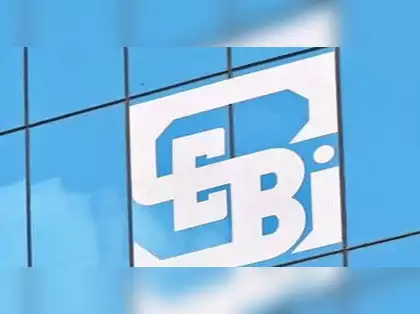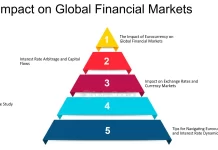Over the past ten years, this platform has raised over Rs 14,000 crore, with around Rs 6,000 crore being raised in FY2024.
Ashwani Bhatia, a Whole Time Member of the Securities and Exchange Board of India (Sebi), expressed concerns on Monday regarding possible manipulations in small and medium-sized business (SMEs) initial public offerings (IPOs). He suggested that stock exchanges and merchant bankers may not have performed the necessary due diligence for these IPOs.
His remarks coincide with unreasonable euphoria around the listing of SMEs on the NSE and BSE, where several initial public offerings (IPOs) have seen oversubscriptions of 500 and 700 times, respectively.
We ought to practice saying no. Maybe this is one item that has to be done. The absence of checks and balances is a common occurrence, as demonstrated by recent events. In fact, no one is turning away (SME) applicants, Bhatia stated during the CII Financing 3.0 summit.
“It’s possible that the exchanges, merchant bankers, and chartered accountants (CAs) are not doing the due diligence required of them, and they need to put in some extra effort there,” he said.
Bhatia remarked, “Leave good doctors to these (SMEs) companies,” using the analogy of a doctor administering medication to a patient. Give them paracetamol instead of steroids if they can get by on that.
Bhatia said, “I think the relationships between the intermediaries and companies will be a very short one if you try to take shortcuts and inflate balance sheets.”
Sebi announced last week that it has observed certain SME companies and their promoters to have been using certain tactics that give an inflated impression of their business operations after listing.
It has been observed that these businesses or promoters make statements in public that paint a favorable picture of their operations. Usually, the company follows up on these statements with a variety of actions, like bonus payments, stock splits, preferential allocations, etc.
Investors are encouraged to buy these assets by the aforementioned acts, which foster a good attitude in them. In addition, this offers the promoters a simple way to sell their shares in these companies at a premium, Sebi had stated.
India’s economy is expected to rank third globally by 2030
Bhatia went on to say that since their operationalization in 2012, stock exchanges’ SME platforms have provided a different avenue for startups to raise capital.
Since then, the quantity of SME issues and investor involvement have increased.
Over the past ten years, this platform has raised over Rs 14,000 crore, with around Rs 6,000 crore being raised in FY2024.
Listing on the SME platform has gained popularity in the last several years. Over the past five years, there has been a four-fold increase in the number of annual listings on SME platforms through IPOs, from 46 in 2019–20 to 196 in FY2024. In just five years, IPO proceeds have grown twelve times, from Rs 495 crore to Rs 6,096 crore. According to him, the market capitalization of SME businesses has reached Rs 2 lakh crore at this time.





























